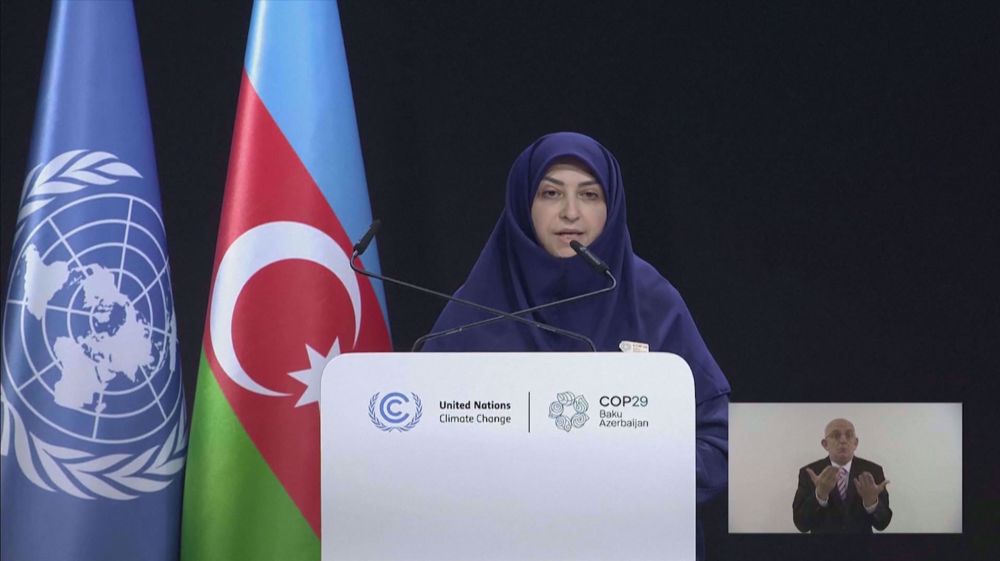Arctic sea ice levels hit another record low
Scientists say the Arctic Ocean’s ice level has fallen to an alarming record low for the wintertime after polar heat waves hit the region.
This is the third time in a row that long-term trends of climate change push the wintertime extent of sea ice over the North Pole to a new low. The ice caps of the region usually expand during winter months, reaching their highest level in early March.

This year’s maximum level, however, has been reported as the lowest maximum in the 38-year satellite record. European and American scientists have called the deteriorating Arctic ice as one of the starkest signs of climate change. The South Pole’s sea ice levels have suffered similarly, hitting a record low last month.
VIDEO | Former FBI agent criticizes US Congress for 'outright corruption'
IRGC chief urges Muslim countries to cut aid routes to Israel
'New chapter in cooperation': Iran, Venezuela sign new MoUs
Jordan sentences former lawmaker for supporting Palestinian resistance
Basij volunteer forces hold massive drills in southwestern Iran
Israeli war criminals 'not welcome', US city says after ICC ruling
US vetoing of Gaza ceasefire resolution ‘disgraceful’: Iran’s UN envoy
VIDEO | IAEA adopts anti-Iran resolution tabled by E3









 This makes it easy to access the Press TV website
This makes it easy to access the Press TV website